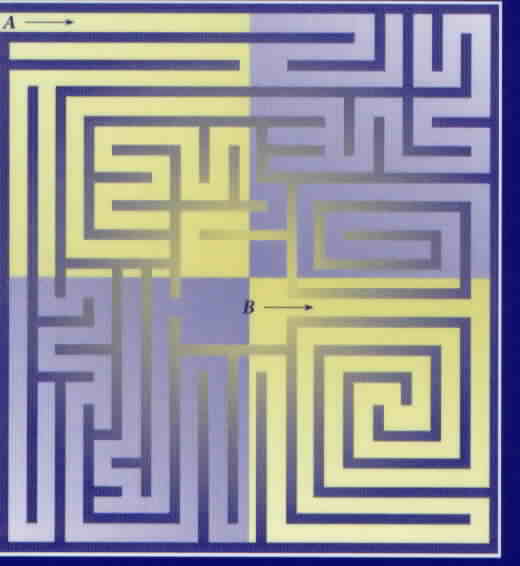Instructor-Developer: Dr.
Donald Cathcart

Course Abstract
Instructor-Developer: Dr.
Donald Cathcart

Course Abstract
This course is designed primarily for teachers who currently teach, or who intend to teach middle school or secondary school mathematics in Maryland. The main goal of the course is to develop the ability to think mathematically. In particular, teachers taking this course will learn how to derive and express precise mathematical conjectures, arguments, problem solutions, and proofs, and to communicate them effectively, both orally and in writing.
Those enrolled in this course will achieve the goals stated above by exploring selected topics in discrete mathematics and geometry and by investigating problems establishing connections between mathematics and other disciplines. Participating teachers will utilize the language of mathematics to precisely and rigorously formulate definitions, ideas, conjectures, and generalizations. In pursuing investigations, they will employ both inductive and deductive reasoning strategies, while using a variety of mathematical representations (tables, charts, graphs, diagrams, etc.) and when interpreting ideas and phenomena. They will demonstrate the ability to employ several basic methods of proof including direct, indirect, and mathematical induction.
The pedagogy employed will be hands-on, using active learning methods (e.g. groupwork, explorations, presentations at the board, etc) and will be in keeping with NCTM standards. Where appropriate, materials from NCTM, model national curricula, and other sources will be employed. This course will build upon examples, topics, and materials from other ADEPT courses where appropriate.
Tentative outline of topics: problem solving vs. proof; the language
of mathematics and abstract reasoning; problem solving methods
and strategies; mathematical proof (direct, indirect, contradiction, induction);
selected topics in discrete mathematics and geometry (e.g. mathematics of voting
and apportionment, networks and graphs, scheduling, difference equations,
population growth, symmetry, data analysis)
View the tentative Spring 2008 Course Syllabus
View the tentative week by week schedule for Spring 2008
View the assignments for Spring 2008
View some resource links for this course.
View the tentative Summer 2005 Course Syllabus
View the tentative day by day schedule for Summer 2005
View the specific resource links for Summer 2005 each day's session
View the Summer 2005 assignments for this course.
View
Some Sample Lessons Developed During Spring 2003 Course
View
the Spring 2003 Course Syllabus
View
Spring 2003 week-by-week schedule.
View
the Spring 2003 assignments for this course.
View
Don Cathcart's Home Page
View SU's Math
ADEPT Web Site
This course was developed under the auspices of the Maryland MATH ADEPT (MD-ADEPT) project at Salisbury University. Support for MD-ADEPT and two MD-ADEPT courses was provided by the Maryland Higher Education Commission (MHEC) via Eisenhower funds grant 4-31050. Opinions, findings, and conclusions expressed herin do not necessarily reflect the position or policy of MHEC or the U.S. Department of Education, and no official endorsement should be inferred.
For more information about the Allied Delmarva Enhancement Program for Teachers see http://www.salisbury.edu/community/adept/